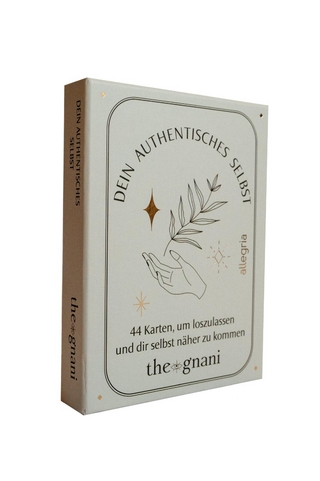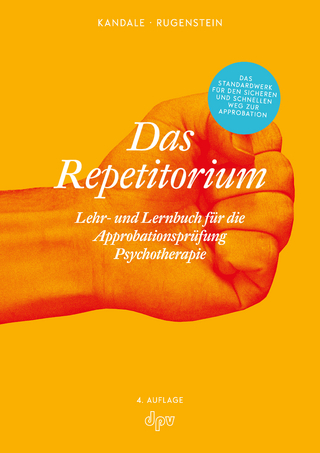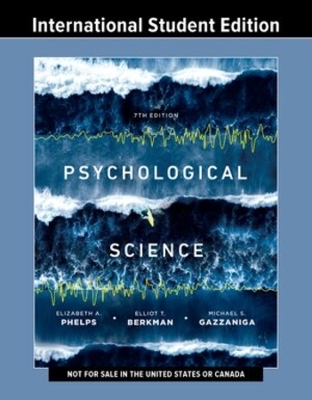
Psychological Science
WW Norton & Co
978-1-324-07196-9 (ISBN)
In Psychological Science, Seventh Edition, award-winning authors Elizabeth Phelps and Elliot Berkman have applied their experience teaching introductory psychology to all aspects of the text and learning tools, including the New Norton Illumine Ebook Update. The Norton Illumine Ebook can be assigned for points and includes New interactive “Red Q” Check Your Understanding questions with real-time answer-specific feedback, plus a new 3D brain that uses active learning to master challenging neurological processes. After completing their reading in the Norton Illumine Ebook, students receive additional formative practice with InQuizitive adaptive assessment, then apply the science of psychology with ZAPS 3.0 interactive labs, new to the Seventh Edition. Beyond a modern suite of digital teaching and learning tools, Liz and Elliot are committed to introducing students to a more modern view of the field—one that showcases the real-world impact of psychology, showcases the work of diverse researchers, and encourages students to learn and evaluate psychology through the lens of methods, replication, and open science.
Elizabeth "Liz" Phelps is Pershing Square Professor of Human Neuroscience at Harvard University. Her lab, The Human Neuroscience of Affect, Learning, and Decision-making researches the observation that emotions color our lives, and even subtle, everyday variations in our emotional experience can alter our thoughts and actions. By uncovering the impact of emotion and affect on cognition, she aims to both enhance our understanding of cognition broadly and provide insights into social processes and psychological disorders. Liz has won nearly every research award you can win for her research in emotion, cognition, and social and affective neuroscience (see her linked bio). Most recently she won the prestigious?George Miller Prize in Cognitive Neuroscience.?Liz has been the President for the Association for Psychological Science, the Social and Affective Neuroscience Society, and the Society for Neuroeconomics.?In addition to these prestigious appointments and awards, she has taught introductory psychology every year for the past 15 years using our?Psychological Science?text.?Her students love her authoritative, direct, and engaging teaching style and she brings that experience to the revision of our text and media. Elliott Berkman is Professor of Psychology at the University of Oregon, our largest Psychological Science adopter. His Social and Affective Neuroscience lab researches the motivational and cognitive factors that contribute to success and failure of real-world goals, as well as the neural systems that support goal pursuit. In addition to studying how goal pursuit works, Elliott’s research also seeks ways to facilitate health behavior change goals such as cigarette smoking cessation and dieting. He’s won numerous awards for early career research and teaching and is active on social media. His highly popular article, The Self-Defeat of Academia makes a strong case for psychologists to better communicate the societal impact of their research. He brings that thoughtfulness and societal impact to his revision of Psychological Science. Elliott teaches courses in introductory psychology, statistics, neuroimaging, and social psychology. His students have called his teaching "amazing, funny, and engaging." His blog,?The Motivated Brain, is located at Psychology Today, and he tweets as?@Psychologician. Michael Gazzaniga is the director of the SAGE Center for the Study of Mind at the University of California, Santa Barbara. He received his PhD from the California Institute of Technology, where he worked with Roger Sperry and had primary responsibility for initiating human split-brain research. He has established Centers for Cognitive Neuroscience at Cornell Medical School; the University of California, Davis; and Dartmouth College. He is founder of the Cognitive Neuroscience Institute and founding editor of the Journal of Cognitive Neuroscience. He was a member of the President's Council on Bioethics from 2001 to 2009. He is a member of the American Academy of Arts and Science, the Institute of Medicine, and the National Academy of Sciences.
| Erscheint lt. Verlag | 7.1.2024 |
|---|---|
| Verlagsort | New York |
| Sprache | englisch |
| Themenwelt | Geisteswissenschaften ► Psychologie |
| ISBN-10 | 1-324-07196-6 / 1324071966 |
| ISBN-13 | 978-1-324-07196-9 / 9781324071969 |
| Zustand | Neuware |
| Informationen gemäß Produktsicherheitsverordnung (GPSR) | |
| Haben Sie eine Frage zum Produkt? |
aus dem Bereich


